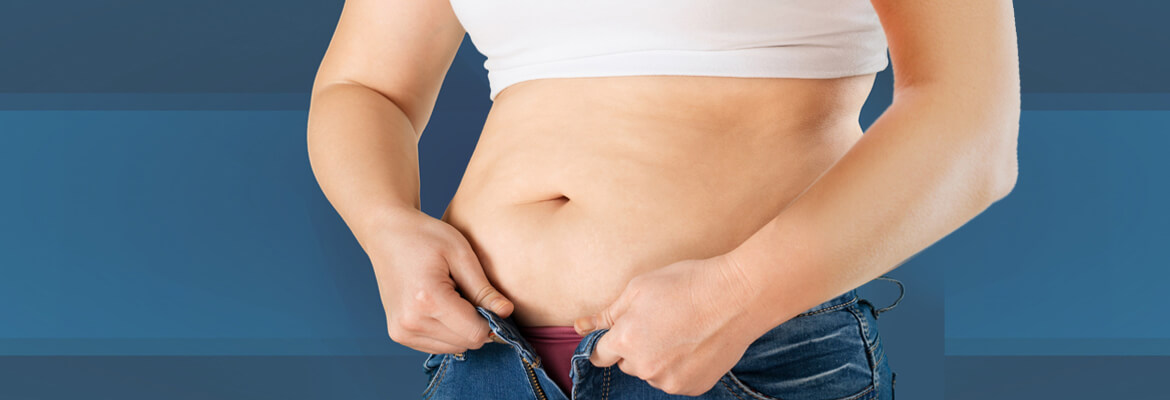28
2022
THE PRE-MENOPAUSE AND MENOPAUSE PLAN

The Pre-menopause and Menopause Plan
First of all, the thing to remember with menopause is that how easy or difficult your menopause will be depends upon what you go through ten tears before it happens. The questions you need to answer are: how do you do or did with PMS: were there symptoms? how was your emotional state during your younger years. Our hormones are a gift for us at this time, as they force us to look own lives under a microscope. While some of us ‘react’ to our symptoms, some of us can try and look at our symptoms as learning’s for ourselves. In that, something’s got to change. A lot depends on your attitude at this time. These factors will impact how you will go through menopause. Menopause is defined as the cessation of a women’s menstrual cycle for a whole year. My Ayurvedic doctor always says do not label what you are going through, as it becomes you.
What makes your hormones stay in balance?
- The balance of vitamins, minerals and enzymes: you need these as cofactors to transform one hormone into the other.
- Stress: the adrenals glands are sending more cortisol at this time, the body will compensate by making more progesterone to compensate, which stimulate more cortisol, that’s what hormones are made off.
- Your diet: If you are eating too many refined carbohydrates, gluten, sugars, dairy and stimulants, and less natural foods closer to nature; then this is a bedrock of things that can go wrong with your hormones.
- Movement: Do you move every day, engage in some form of exercise.
What happens during pre-menopause?
Leading up to menopause, as there is no need for ovulation to take place, estrogen naturally declines about 40 to 50 per cent. Progesterone is responsible to stimulate ovulation drops. So sometimes you may go through an excess of estrogen (unopposed estrogen) which will lead to perimenopausal symptoms. Another facet of estrogen dominance is also when you get exposed to xenoestrogens or xenohormones also called Endocrine Disruptors (EDCs).
What are Endocrine Disruptors?
These are compounds in your environment that mimic estrogen called Endocrine Disruptors (EDCs). These could be in your detergents, makeup, pesticides, hair colour, nail paint, all plastics and industrial environmental situations will have them; by this I mean those women who live near an industrial site.
They enter the body with extreme ease through the skin, accumulating in lipid-rich tissue mainly fat, brain and nerve tissues. These could cause the following:
- Fatigue
- Depression
- Mood swings
- Oxygen deprivation to the brain
- Anxiety
- Mental fogginess
- Short-term memory loss
- Lack of coordination
Estrogen while required by us in the right amount, and during perimenopause when deficient does lead to hot flashes, night sweats, memory loss, fatigue, vaginal dryness, mental fogginess – estrogen dominance can also lead to the same symptoms as explained earlier.
Foods to avoid during pre-menopause and menopause
- Sugar
- Refined carbohydrates
- Alcohol
- Dairy and dairy products
- Refined oils
- Stimulants like caffeine and too much Indian tea
- Minimize all animal foods, staying plant-based will help symptoms
- Processed foods
- Gluten
- Antibiotics and pain killers
All the above will damage your gut further.
Foods to include during pre-menopause and menopause:
- Whole grains: brown rice and millets (gluten-free grains)
- All Vegetables
- All beans and lentils
- Nuts and seeds (especially chia, flax and sesame)
- Cold Pressed oils
- Can do fish
- Fermented foods: sauerkraut, kanji, pressed salads and quick pickles
- Fruit
Supplement to include during pre-menopause and menopause
- Amlaki – amla
- Shatavari
- Ashwagandhaa
- Turmeric/Curcumin
- Include a probiotic supplement
Lifestyle aids during pre-menopause and menopause
- Strength training via yoga (inversions and restoration) or weights or Pilates
- Add pranayama and meditation to combat stress
- Focus on strengthening pelvic health (Kegel exercises)
- Quit caffeine completely
Tip: How to break up with coffee
- Day 1 to 4 – have half the coffee you would normally have
- Day 4 to 6 – switch to black tea
- Day 6 to day 8 – switch to green tea
- Day 8 to 10 – switch to herbal tea, water and lemon, tulsi tea.
Can you have decaffeinated coffee? The answer NO
